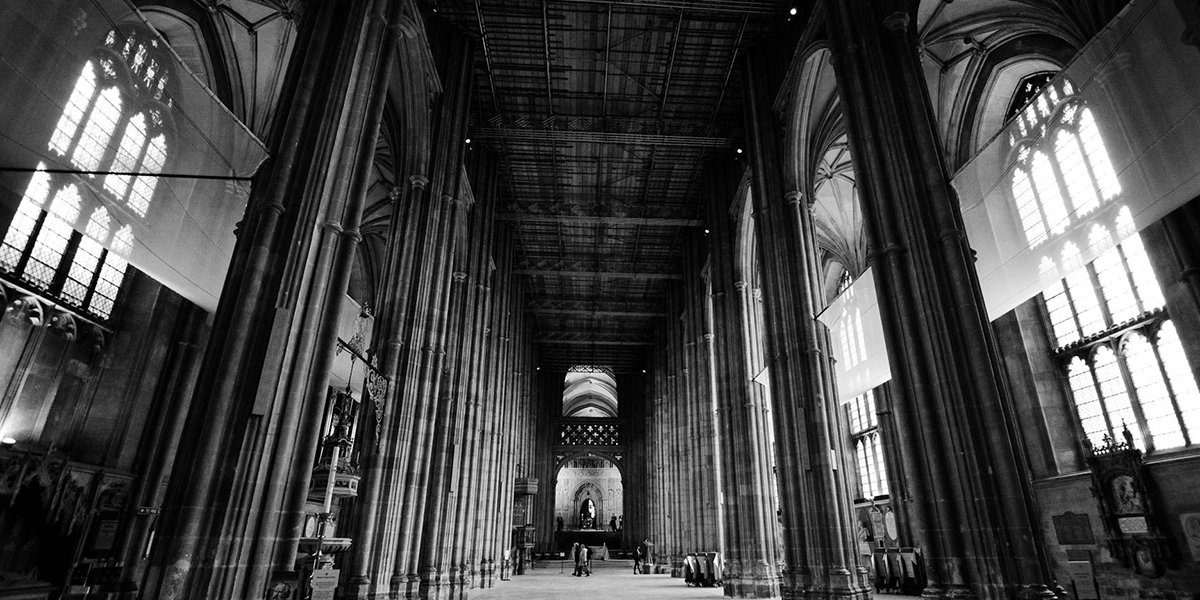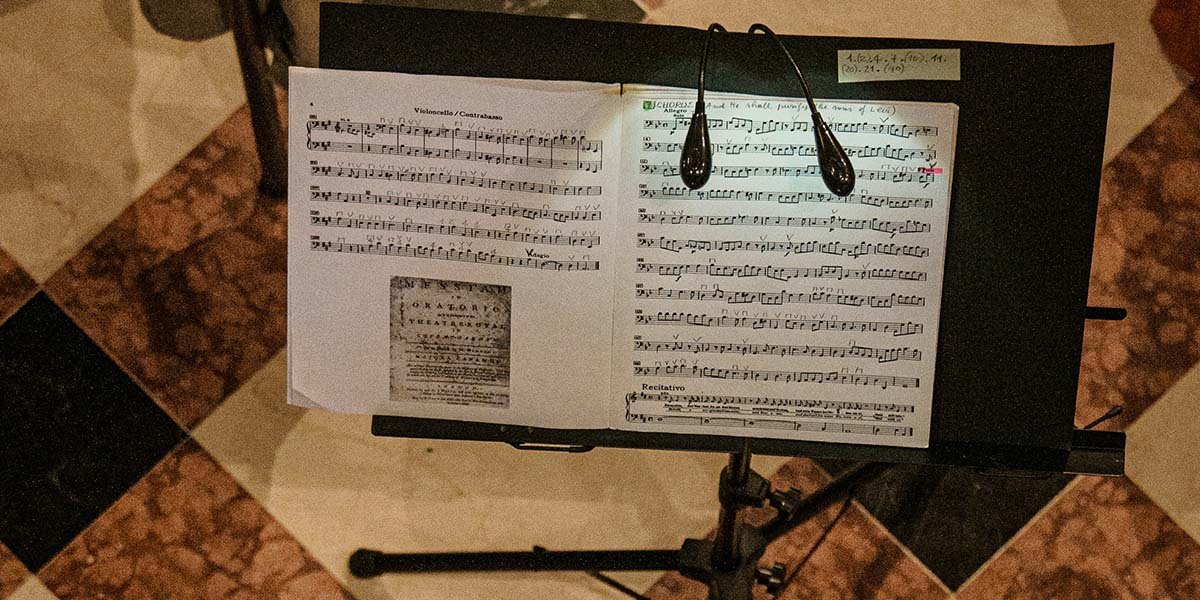“The music was a visceral scream of being alive”
Bassoonist Rachel Gough (King’s 1984) discovered a deep love for music at King’s, even if it meant the odd all-nighter.
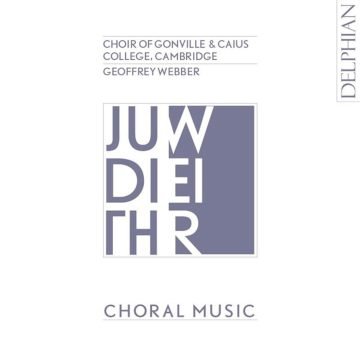
Illuminare, Jerusalem
Judith Weir
Even now, when I walk into King’s College Chapel, it takes my breath away. I’m not religious, but that building does something to me. Judith Weir created a beautiful piece of music, often played in Chapel, that for me represents the cavernous verticality of the space – from the boy sopranos’ iridescent high tone clusters down to the low organ notes. During my second year, I was page-turning and pulling out the organ stops for the Festival of Nine Lessons and Carols, which was being broadcast. The organ scholar said to me beforehand: “Because it will be heard by hundreds of millions of people, one wrong note, even if it only lasts a second, will last the equivalent of your entire life.” I didn’t make a mi
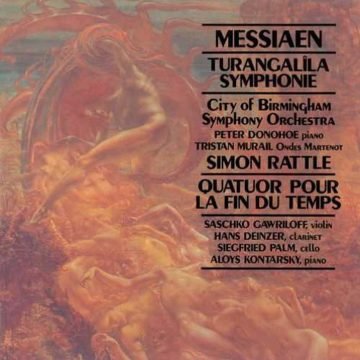
Turangalîla-Symphonie
Olivier Messiaen, conducted by Sir Simon Rattle
Messiaen was a very religious man and this piece has an ecstatic energy, from the Indian rhythmic patterns to the ondes martenot electronic keyboard shining over the top. The CD came out in 1986 and I would play a short piece from the fifth movement at a volume so loud it was possibly illegal. Certainly the walls would shake. That time of being a late teenager/early adult was full of such intense emotions, and this music was a visceral scream of being alive.
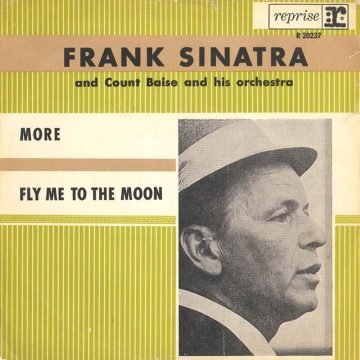
Fly Me to the Moon
Frank Sinatra
We thought listening to Frank Sinatra was cool, and that we were cool, sitting around too late at night, sorting out the world – that feeling, when you’re discovering friends, and through them remaking the world as it should be.
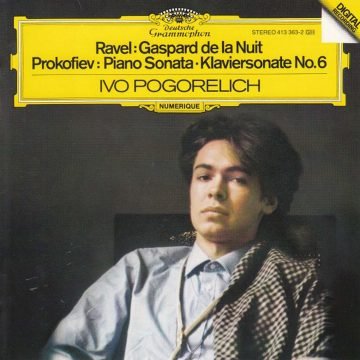
Ondine from Gaspard de la Nuit
Ravel, performed by Ivo Pogorelich
During my first year, everyone had this CD, with its photo of Ivo looking reticent and broody on the cover. Ondine has a shimmering, bittersweet melody – something like that awkward, lonely feeling you can have sometimes in the middle of a lot of people and busy-ness. My first year was a huge swirl of comings and goings. We didn’t have phones, so if someone was out you would leave a note on their door. I had a notepad pinned to my door, and I’ve still got the piles of notes – sometimes poems – people would leave. I put this music on when I needed to breathe for a moment.
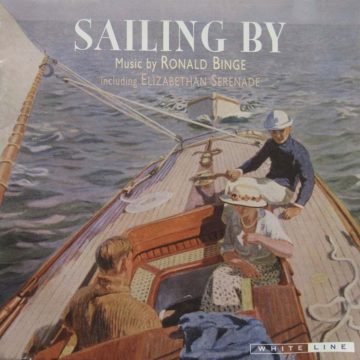
Sailing By
Ronald Binge
In the midst of rehearsals, I would sometimes have to pull an all-nighter to make a deadline, and would have Radio 4 to keep me company. Sailing By came on well after midnight to mark the start of the Shipping Forecast, so if I heard it, it meant the essay was going badly. It was a hectic time: I dropped Anthropology at the end of my first year; I was playing in the European Union Youth Orchestra; and running the University chamber orchestra, which we took to London for the first time. I could sense that I was going to be a performing musician. I was spending time with insanely talented people who are soloists and conductors but also architects and bankers now, and it was a huge amount of fun. Music-making is one of the most extraordinary things a human being can do.
Rachel Gough is Principal Bassoon of the London Symphony Orchestra and Fellow of the Royal Academy of Music.
 CAM
CAM